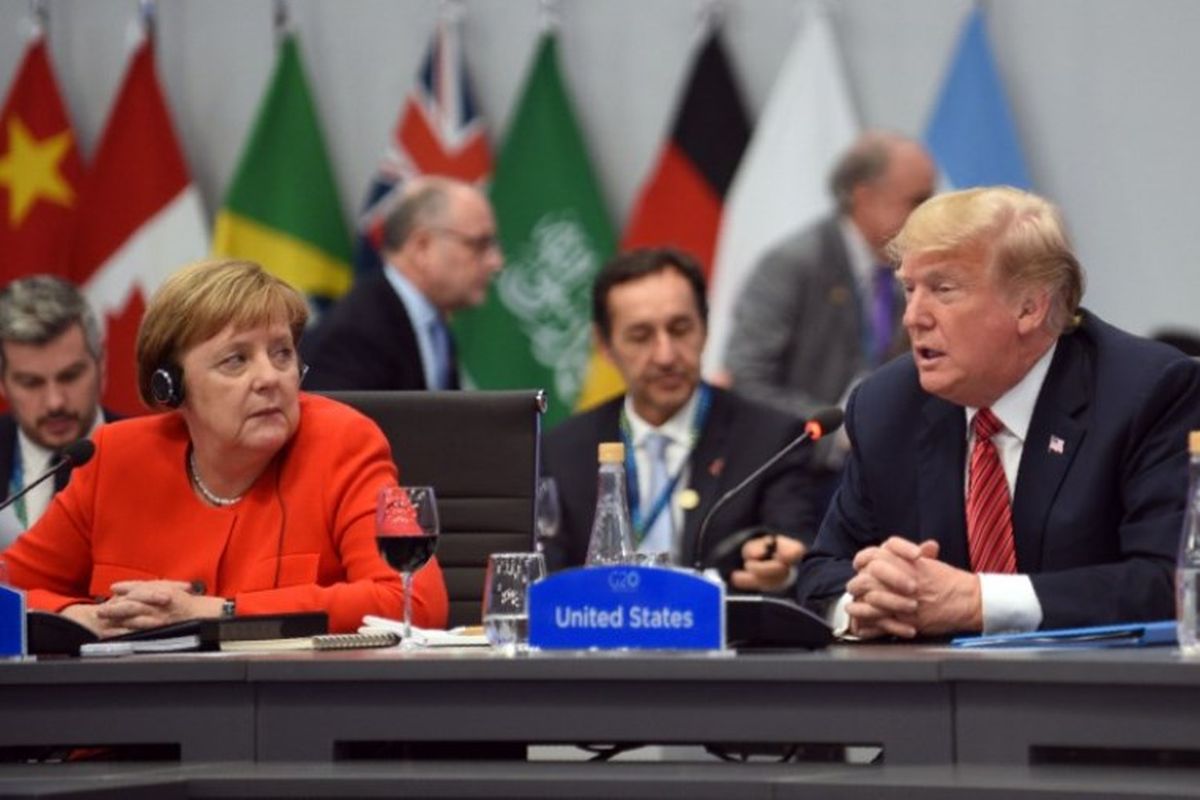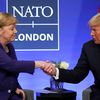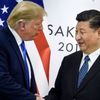US and China Disagreements Prompt Calls for Global Unity

Trump's ambivalence toward US allies and flouting of diplomatic norms has alarmed France.
“Sino-American tensions don’t benefit France,” said Valerie Niquet of the Foundation for Strategic Research, a think tank.
“We share the same interests as the United States towards China, we adopt more or less the same positions, so it doesn’t bring us any positive element,” stated Valerie.
Europe
Europe’s “strategic relations” with China will be an issue for the European Union while Germany holds the rotating presidency of the 27-nation bloc, Merkel said this month.
EU foreign ministers have not managed to agree on a common position on China.
Regarding Hong Kong, options include closer scrutiny of exports of sensitive technology to the territory and changing visa policies for its residents.
But there is no talk of economic sanctions or targeting Chinese officials with penalties.
“The message is that the recent actions change the rules,” said the top EU foreign policy official, Josep Borrell. “This will require a revision of our approach and will clearly have an impact on our relations.”
South Korea
South Korea is squeezed between its main military ally and its biggest trading partner.
In 2016, Beijing destroyed supermarket operator Lotte's business in China after the conglomerate sold a plot of land in South Korea to the government for an anti-missile system over Chinese objections.
Washington is unhappy with South Korea’s desire to ease sanctions on North Korea to encourage disarmament and uneasy about its use of Huawei technology.
Trump complains about the cost of stationing 28,500 US troops in South Korea to protect against North Korean threats. A cost-sharing agreement expired in 2019 without a replacement.
The US-Chinese row “has thrown a question to South Korea" about which side to choose, the newspaper Dong-A Ilbo said in an editorial Monday.
"Sooner or later we will be forced to provide an answer, no matter how hard we tried to avoid it,” the newspaper said.
India
Prime Minister Narendra Modi has tried to embrace both Chinese President Xi Jinping and President Donald Trump, but the pandemic and a border clash that killed at least 20 Indian soldiers have fueled anti-Chinese sentiment.
Protesters have called for boycotts of Chinese goods and burned Chinese flags. They applauded the government’s ban on the popular Chinese video-sharing app TikTok and some other Chinese apps.


































